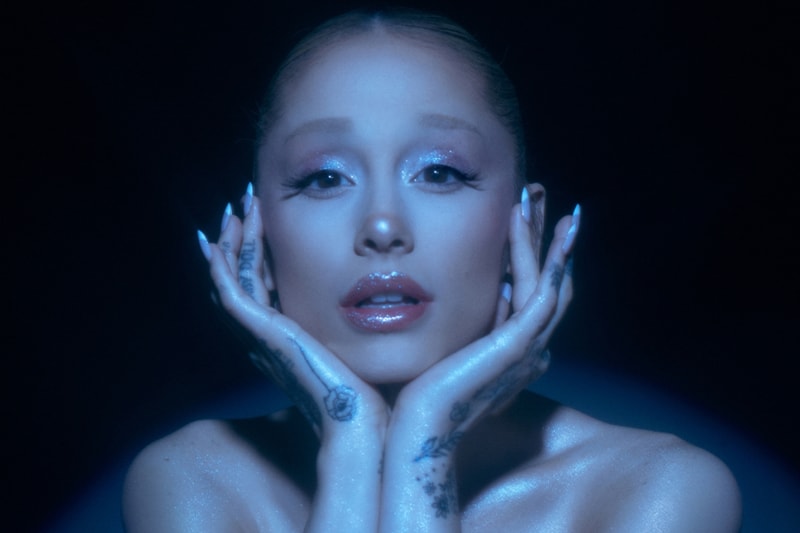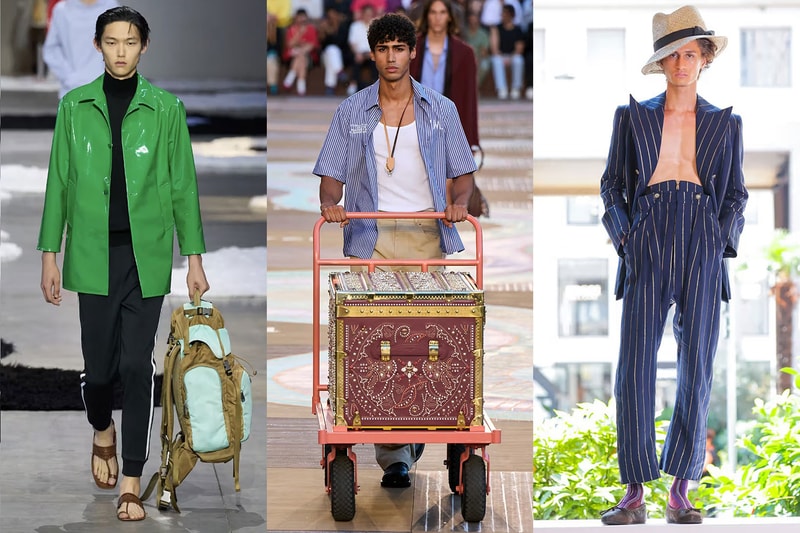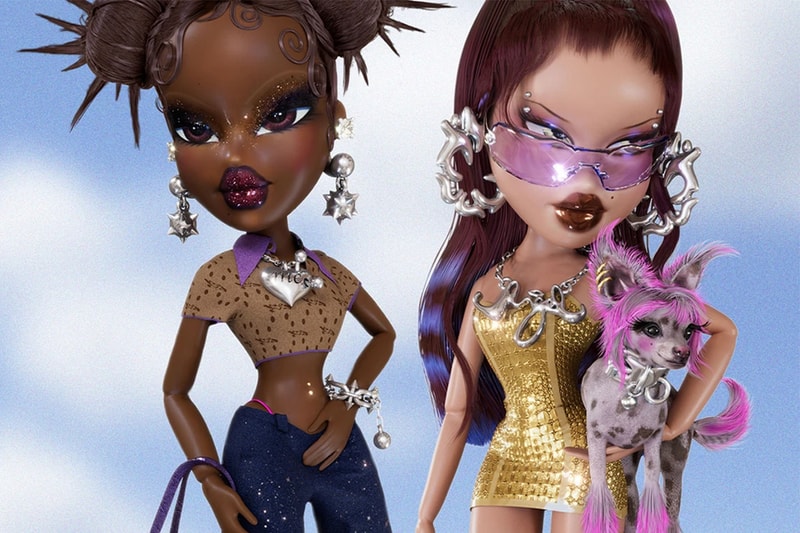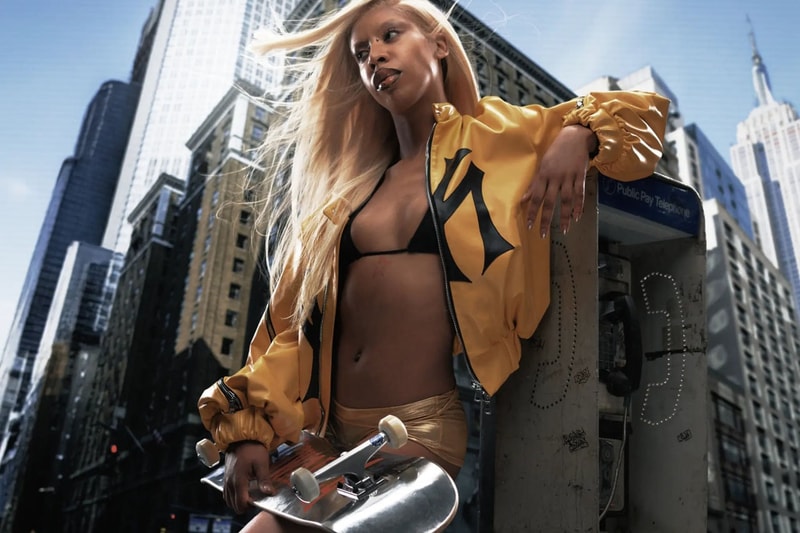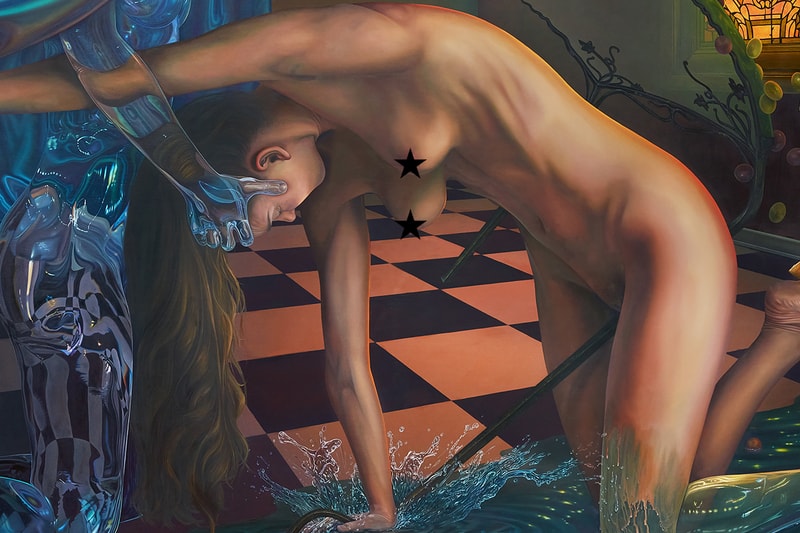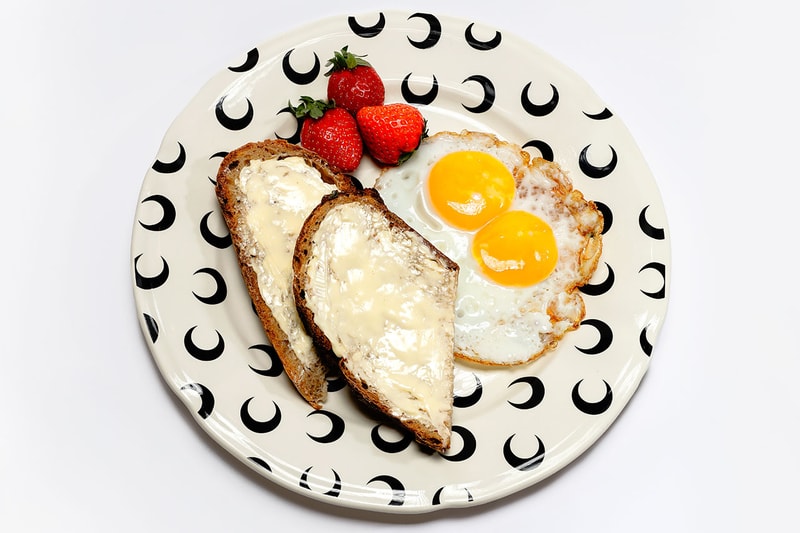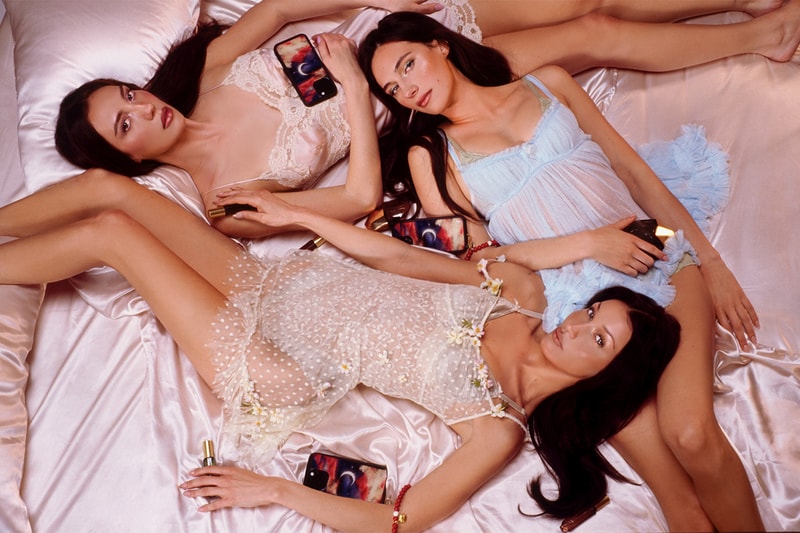OPIA's “RAVECONOMY” Redefines Queer Counterculture in a Hyper-Online Age
info@hypebae.com (Hypebae) Wed, 25 Jun 2025 Hypebae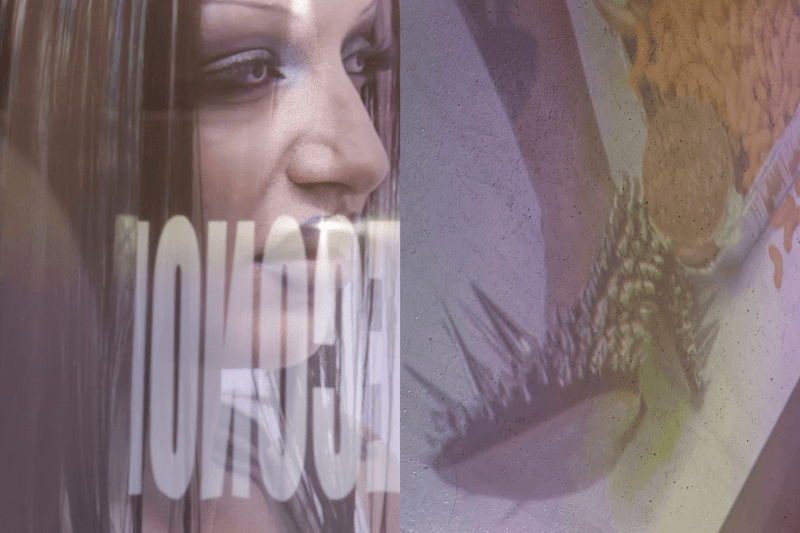
London-based collective OPIA, led by creative duo Bambi and Booki, is on a mission to reclaim the queer underground – offering portals into a counterculture, often forgotten but frequently imitated. What started as an East London party in 2022, has fast become an emblematic force which caught the attention of Institute of Digital Fashion (IoDF)'s Creators Fund — a trailblazing initiative supporting the next wave of visionary talent.
Powered by IoDF, OPIA unveiled an immersive showcase, dubbed "RAVECONOMY." Drawing a crowd of art-world heavyweights, OPIA captivated audiences with a hyper-satirical exploration into the friction between underground authenticity and mainstream survival. The show is a candid, artful dive into London's underground party girl economy, merging celebrity aesthetics, mukbang culture and the commodification of nightlife identities.
The showcase was packed with a mix of mediums, including one performance art piece powered by drones, 10 sculptural works that each reimagined the "Partygirl" archetype as a collectible product and two moving image pieces. Throughout, OPIA challenged expectations and invited the audience to question who really owns party-girl identities — especially as these tropes make their way into mainstream consumption.
With the support of the IoDF Creators Fund, OPIA is continuing to elevate new voices in fashion and art spaces and acts as a reminder that, in today's landscape, authenticity and creativity will always have the power to disrupt.
Continue reading for an exclusive conversation between IoDF's co-founders Leanne Elliott Young and Cattytay and OPIA's co-founders on reclaiming through raving and the power of a 10-inch heel.

What can you tell us about the concept behind "RAVECONOMY"?
"RAVECONOMY" is a biopsy of the London party girl. The work explores our underground through celebrity aesthetics, mukbang videos and bank statements to exhibit a candid take on what it means to be a party girl in 2025 – immortalized into a tiktok trend; becoming a posthumous pop-cultural product. It's Nam June Paik's "TV BUDDHA" meets Brat Summer.
Why is this a pinnacle piece of work for you?
At its heart, "RAVECONOMY" is an introspective exhibit that expresses our three-year-long attempt to take our underground scene into the mainstream. [The exhibition] formalizes the tension we've felt between creating a euphoric utopia exempt from outside noise, while also having to be conscious of funding, algorithms and visibility.
What does this platform, visibility and support mean to your work right now?
We have such a strong vision for what we want to be, but it's often hard to sell to others because it's so beyond our current means. It's hard to convince the industry of our queer rave's potential to dominate the fashion and art sphere without being pigeon-holed. So, this platform is a chance for us to go a step further in our journey and continue to prove just how innovative the underground can be.

Who inspires you right now?
Ryan Trecartin, Paris Hilton, Hito Steyerl, Princess Julia, DalstonSuperstoned, Alexander McQueen and Hasznat.
What is fashion to you?
Fashion is a non-verbal language, we immediately think of the Handkerchief Code. It helps you find your people out in the wild and builds a sense of community through shared aesthetics. That's why the platform heel is such a big part of our lore and our scene. Our favorite thing to do is go to a black-tie type of event in our 10-inch heels, even if they're impossible to walk in. It's inappropriate and camp and screams everything you need to know about silly, rebellious party girl flares before we even say "hi."
How does it feel to be a creative in the industry at the moment?
OPIA is a community first and foremost. Made up of creative trailblazers, it's quite easy for us to come up with jaw-dropping projects when every single person we know serves jaw dropping looks, music, photography and so forth. What's difficult is finding the resources to then realize these projects. It's especially difficult with queer-oriented funds dwindling and our event venues closing down around London.
What's been your biggest challenge and how did you keep making it work despite your hurdles?
Our first ever London fashion Week. We were hopelessly chasing different shows, changing in Pret bathrooms, guessing runway addresses and going into overdraft to afford transport, clothing and equipment. When we'd successfully sneak into a show or interview a fashion figure it'd be exhilarating. There were definitely great moments, but our journeys back home at the end of each day brought this restless silence. The intimidation sunk into our bones and we found ourselves apologizing every time we entered a space. Luckily one of our videos blew up on social media, and the next fashion week we started actually being invited ( and paid) to make content and put on events. It was definitely the closest we've come to a breaking point and bowing out of the fashion and art race. It felt like we were all in the same race but we were the only ones running in 10 inch pleaser heels.
What advice would you give to other emerging creators trying to find their voice?
We used to wander around hopelessly waiting for fashion and art giants to discover us – praying a casting director would sweep us off our feet like a fairy god mother and validate our vision. Things only started working for us when we stopped waiting and discovered ourselves. We fabricated our own fame, in a way, once we fabricated our own space. Gone were the days of trying to get the mainstream to see us, instead we went deeper into the underground and reveled in it; building a network of friends and scene queens until it was impossible for the giants not to notice us. All this is to say, our advice is that you don't need a single person to validate your work or offer you a seat at the top. Just claim it. Your work is the next big thing because you say it is, and slowly more and more people will believe you. Elizabeth Holmes-ify yourself (ethically, of course).
